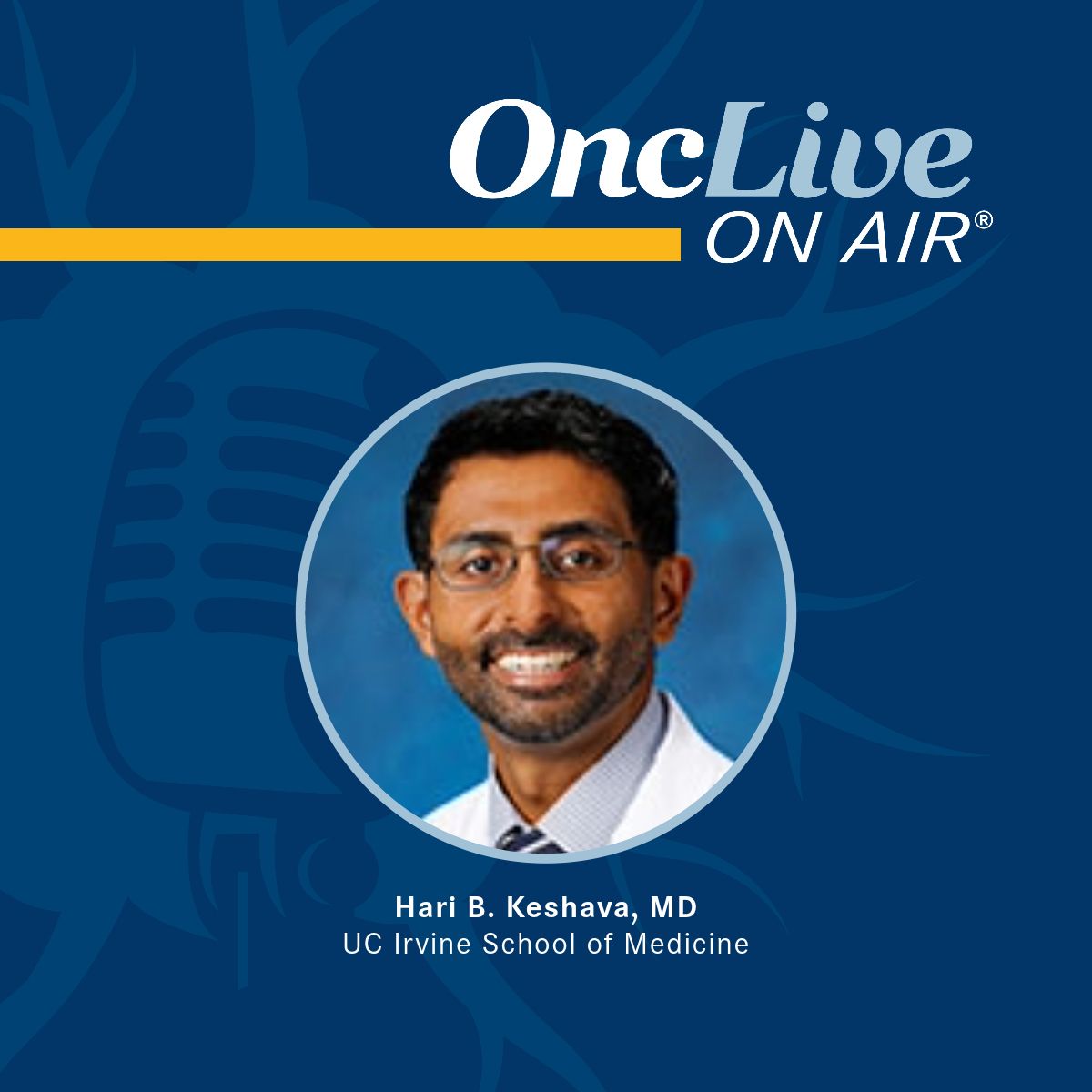Video
Dr. West on Considering Factors for EGFR TKIs in NSCLC
Author(s):
H. Jack West, MD, a thoracic oncologist of Swedish Cancer Institute at Swedish Medical Center, discusses factors he takes into consideration for EGFR tyrosine kinase inhibitors in patients who have EGFR-positive non–small cell lung cancer (NSCLC).
H. Jack West, MD, a thoracic oncologist of Swedish Cancer Institute at Swedish Medical Center, discusses factors he takes into consideration for EGFR tyrosine kinase inhibitors in patients who have EGFR-positive non—small cell lung cancer (NSCLC).
In the United States, erlotinib (Tarceva) is the most commonly persued option, West explains. This is also an agent that West himself uses for a lot of his patients. In patients who are eligible to receive the combination of erlotinib (Tarceva) and bevacizumab (Avastin), which is not yet FDA approved in the United States, West discusses the regimen with them. Although it is not the standard of care, compelling data suggest positive outcomes with the combination.
While not yet available for use in the United States, the European Medicines Agency approved the combination as a frontline treatment for patients with unresectable advanced, metastatic, or recurrent EGFR-mutant NSCLC in June 2016. The European approval was based on findings from the phase II JO25567 study, which demonstrated a 46% reduction in the risk of progression or death with erlotinib/bevacizumab versus single-agent erlotinib. The median PFS with bevacizumab added was 16 months compared with 9.7 months with erlotinib alone (HR, 0.54; 95% CI, 0.36-0.79; P = .0015).
There are a lot of patients, West says, with active EGFR mutations who have been on the combination regimen for 18 months to 2 years. The regimen is also administered on a once-every-3-week schedule, which several of his patients are more than willing to abide by.
Afatinib (Gilotrif) is a regimen that he uses on patients to maximize efficacy outcomes, though this is not prescribed in combination with bevacizumab. Gefitinib (Iressa) is also an appropriate choice for patients who are likely to experience toxicities that are associated with the other 2 inhibitors.
<<<









